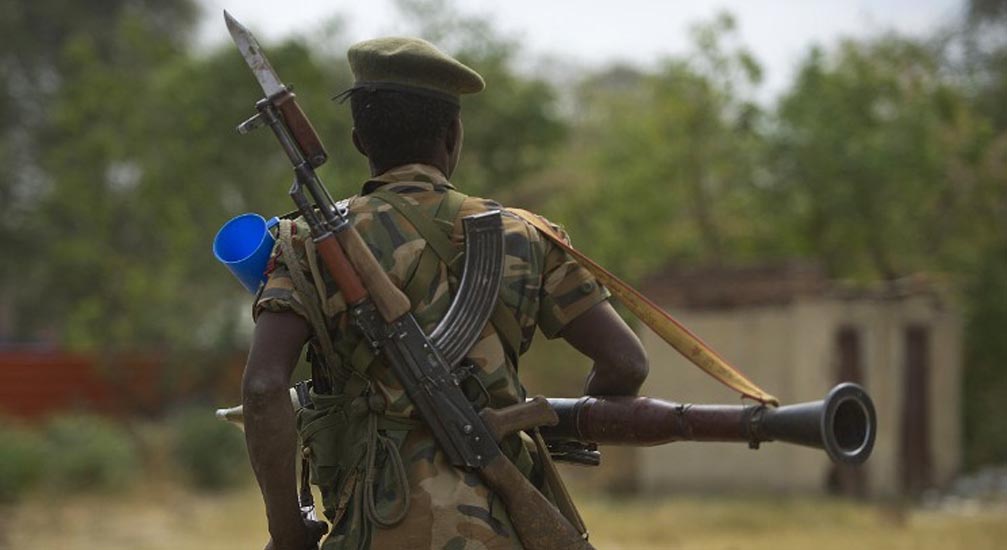The northernmost regional state of Ethiopia, Tigray has seen its capital Mekelle retaking by Rebel fighters, seven months after military action under the order of Prime Minister Abiy Ahmed drove them out. Nobel Peace Prize winner, Prime Minister Abiy Ahmed's government sent troops into Tigray last November, saying the move came in response to attacks on federal army camps by the region’s ruling party, the Tigray People’s Liberation Front (TPLF).
In the first weeks of fighting the army encountered little resistance as it entered towns and cities including Mekele, prompting Abiy to declare victory before the month was over. Although, the federal forces never fully achieved the operation’s stated goal which was detaining and disarming the TPLF’s leaders.
The Tigrayan forces have managed to regroup, rebranded themselves the Tigray Defence Forces (TDF) and with support from the local population launched a major counter-offensive last month that coincided with national elections expected to deliver Abiy a new term.
This week, though, Abiy and other top officials tried to downplay the significance of the army’s pullback. Abiy said Mekele had “lost its centre of gravity” and was no longer worth holding. Redwan Hussein, the spokesman for an Ethiopian government task force on the conflict, said the rebels were “no longer an existential threat to the wellbeing of the nation” and insisted Ethiopia needed to focus on other security challenges.
Throughout the eight-month conflict, Abiy has leaned on firepower from neighbouring Eritrea, which borders Tigray to the north, and Ethiopia’s Amhara region to the south. The Eritreans have been involved in some of the conflict’s most gruesome massacres, and the United States and the European Union have repeatedly insisted they must leave.
Redwan said this week they already had, and the UN’s humanitarian coordination office reported Thursday that they had largely “retreated from Tigray” back towards the Ethiopia-Eritrea border.
TDF spokesman Getachew Reda this week called the federal government’s ceasefire declaration “a joke”, telling AFP that rebel fighters were prepared to chase the Eritreans all the way back to Asmara in order “to secure Tigray,” though it is unclear whether that is their top priority.
As further conflict looms, the international community is increasingly preoccupied with the dire humanitarian situation in Tigray. The United States estimates 900,000 civilians are “likely already experiencing famine conditions”.
On Thursday, the UN and aid groups confirmed the destruction of a critical bridge allowing aid into Tigray, intensifying fears about a possible “blockade”. The UN said the bridge was “reportedly” blown up by Amhara special forces, but the government on Friday blamed Tigrayan forces.
Officials in Addis Ababa have long stressed their willingness to allow aid into Tigray and provide aid themselves. They say the ceasefire declaration was partly motivated by a desire to facilitate farming. But with electricity and telecommunications cut off, flights suspended and most roads into the region now impassable, UN officials and diplomats fear the situation could deteriorate further.
“A ceasefire doesn’t mean cutting a region off the power or destroying critical infrastructure,” EU foreign policy chief Josep Borrell said on Twitter Friday.
“A credible ceasefire means doing everything possible so that aid reaches the millions of children, women and men who urgently need it.”
AFP




















)